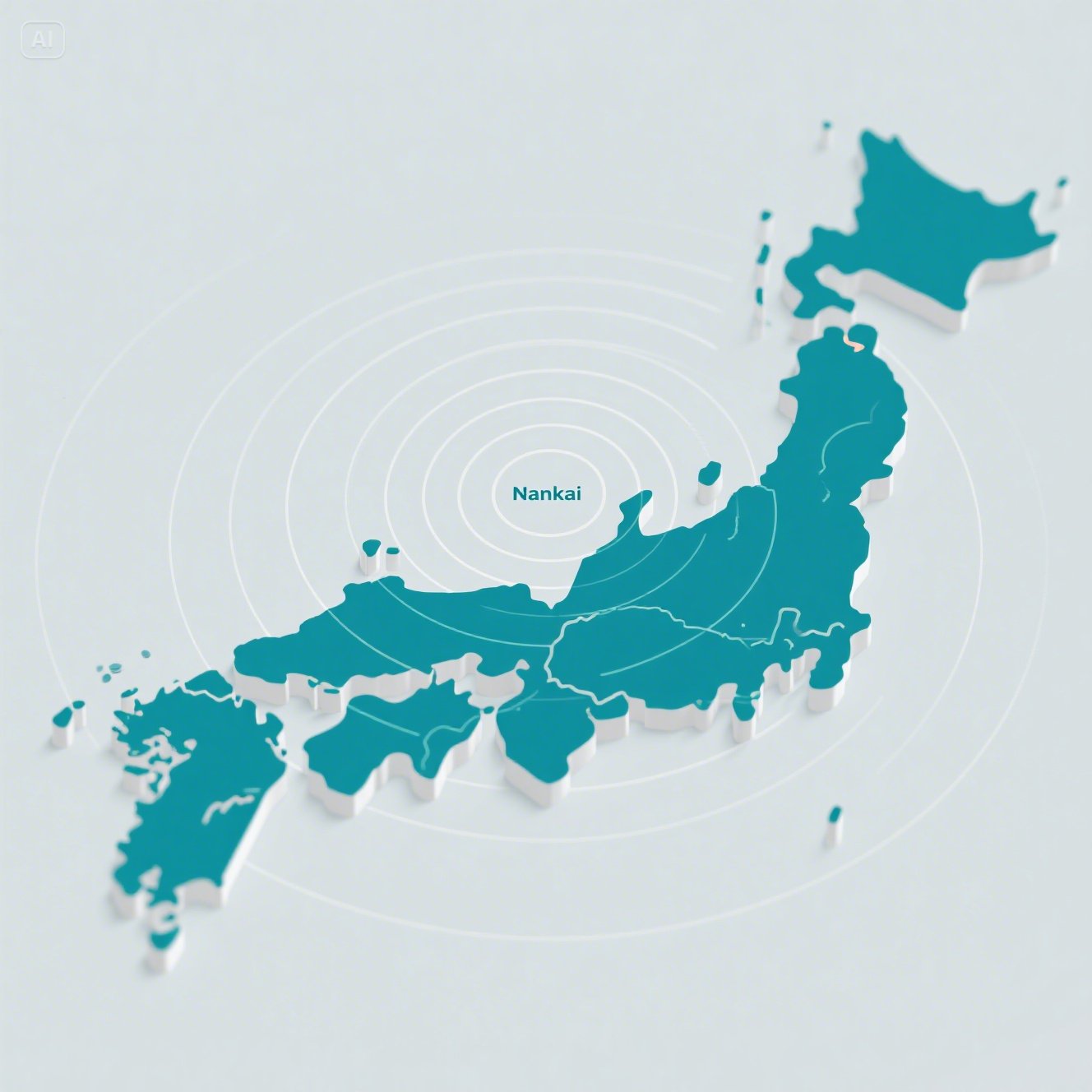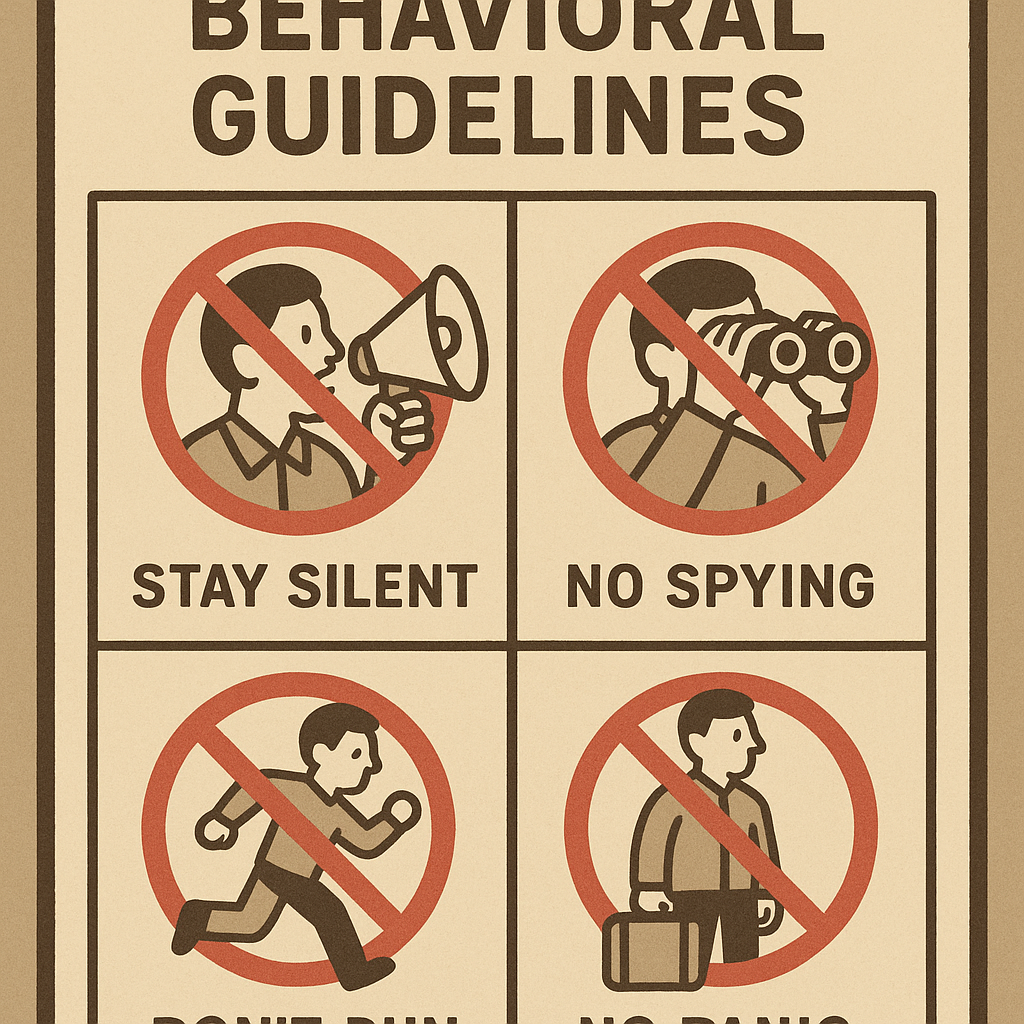⚠️ What if war starts in your country?
War isn’t something that just happens “elsewhere.” The ongoing Israel-Iran tension has shown how fast conflicts can spiral into full-scale War Breaks Out. Whether you’re in Korea, the US, Europe, or anywhere else—now is the time to prepare for the unthinkable.
🌍 Why the Israel-Iran Conflict Should Wake Us Up
📰 Recent escalation and global concern
Missile strikes, drone attacks, and retaliatory air raids are now almost daily occurrences between Israel and Iran. This isn’t just a regional conflict—it has ripple effects on global oil prices, security alliances, and even cyber warfare.
🔁 Lessons for all nations
No matter where you live, if your country has unresolved tensions or nearby unstable regions, you are never fully safe. Preparation is not paranoia—it’s protection.
🇺🇳 You May Already Be at War (Peace ≠ Peace Treaty)
⚖️ Ceasefire vs. Peace
Many countries (like Korea) are technically still at war, only under a ceasefire agreement. Don’t be lulled into a false sense of security—hostilities can resume without warning.
💣 How war can reignite instantly
Missile alerts, cyberattacks, or provocations could happen overnight. That’s why everyday citizens should be ready just like soldiers are.
🚨 7 Things You Must Do Immediately in Case of War
1. Stay informed via trusted sources
Follow official government alerts, national TV/radio stations, and local emergency networks—not rumors or random social media posts.
2. Identify evacuation routes & shelters
Know your local public shelters, metro stations, or secure underground parking areas.
3. Prepare a survival backpack
Water (3L), food for 72 hours, flashlight, radio, first aid kit, whistle, power bank, and multipurpose knife.
4. Set up emergency communication with loved ones
Designate a meetup point. Know what to do if phones or internet go down.
5. Carry cash, ID, and chargers
If the power grid or banks fail, digital wallets will be useless. Carry real money and papers.
6. Learn how to turn off gas, water, and electricity
This prevents explosions, flooding, or fire when you leave home.
7. Don’t panic—follow official instructions
Panic spreads faster than war. Stay calm, alert, and stick to government orders.
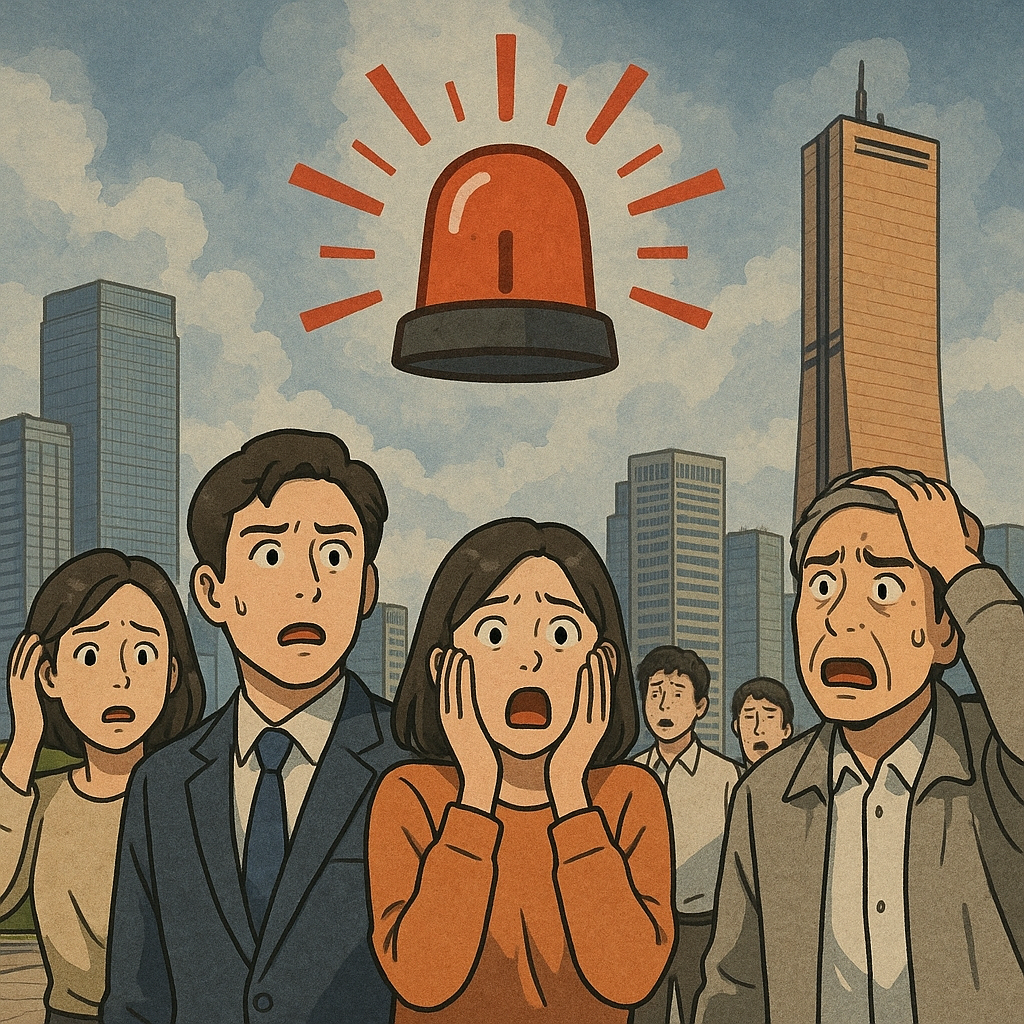
🏙 City vs. Rural Areas – Tailored Evacuation Tips
Urban survival tactics
Avoid elevators. Head to subway shelters or underground garages. Don’t drive—it clogs escape routes.
Countryside evacuation planning
If far from urban shelters, coordinate with neighbors. Convert basements or strong structures into makeshift shelters.

⛔ 5 Dangerous Mistakes to Avoid
- Following unverified rumors
- Posting your real-time location on social media
- Disobeying evacuation orders
- Going back for personal items
- Trying to escape alone, without info
🎒 Emergency Checklist – What to Pack for 72 Hours
Essentials:
- 3L of water
- Canned food
- Medical supplies
- Flashlight & batteries
- Local map
- Identification
- Wet wipes and hygiene products
Bonus items:
- Baby items (diapers, formula)
- Pet food
- Contacts or glasses
- Warm clothes
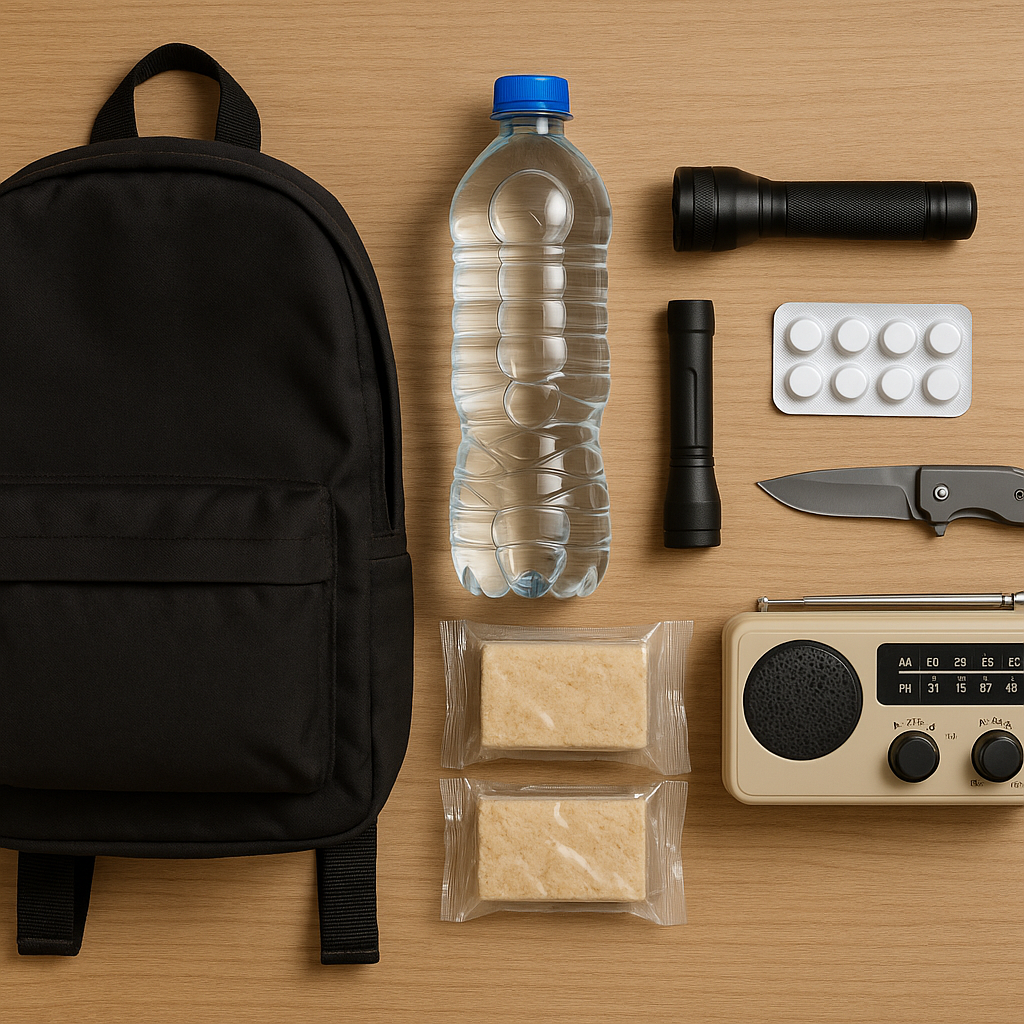
👥 Building a Community Survival Network
Neighborhood evacuation plans
Set up a group chat. Assign roles like medical helper, driver, or translator.
Sharing resources for better outcomes
Pool food and water. Help elderly neighbors. Share power banks or radios.
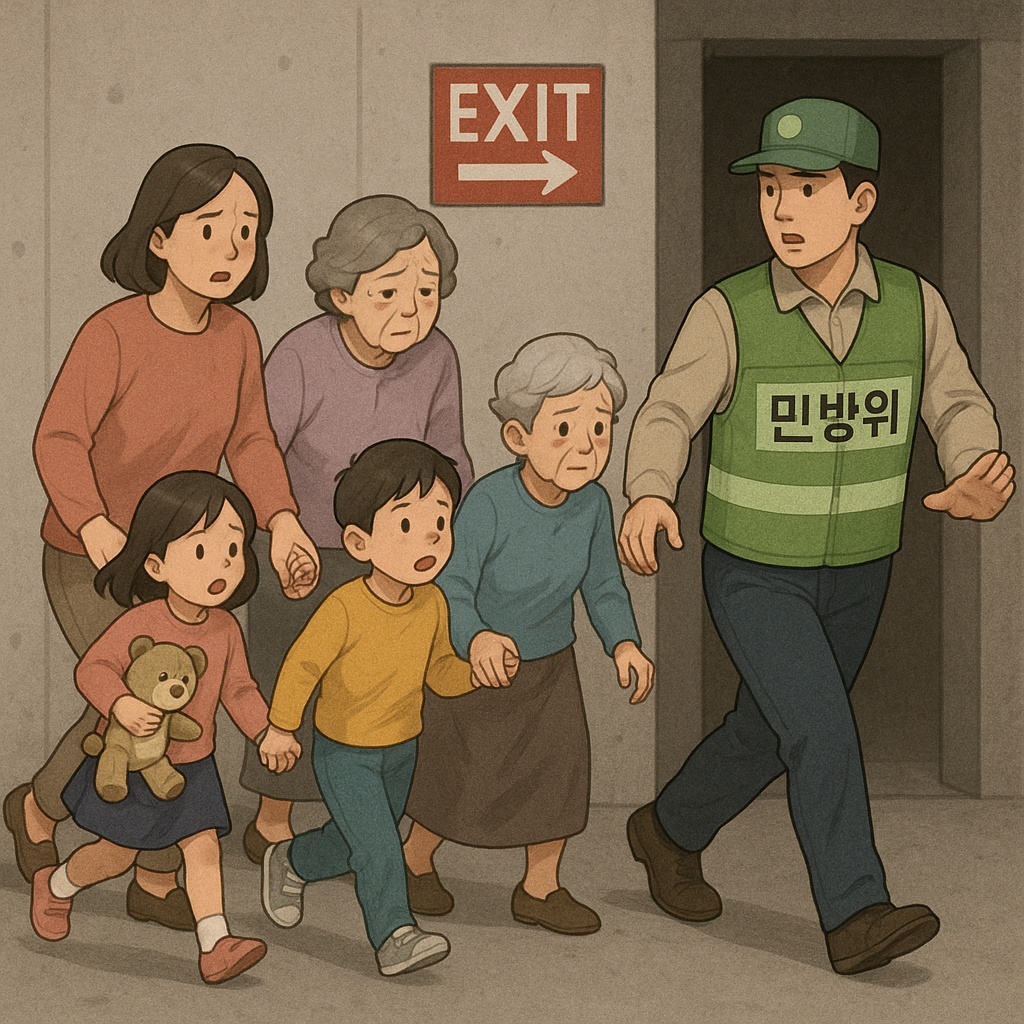
🧠 Coping with Trauma After the War
Mental health tips for families
Talk about emotions. Don’t suppress fears. Use art, journaling, or play therapy.
Special care for kids and the elderly
Stick to routines. Give emotional support. Reassure them with hugs and calm talk.

📲 Government Tools & Alerts That Can Save Your Life
- National emergency alert system via SMS
- Emergency apps for disaster updates
- Local shelter location websites or apps
- Pre-recorded radio alerts
🕊️ Final Thoughts – Survival Begins with Preparedness
Being prepared for war doesn’t mean you’re fearful. It means you’re smart. Because in a world where peace is fragile, your preparation might save your life—and your family’s.
❓ FAQ
Q1. I live in a peaceful country. Do I still need to prepare?
→ Yes. Natural disasters, cyberattacks, or nearby conflicts can all destabilize your country quickly.
Q2. Where can I find the closest shelter?
→ Check your city’s emergency services website or civil defense maps.
Q3. Can I take my pet with me?
→ Yes, prepare food, leash, and comfort items in your go-bag.
Q4. What if I miss an emergency alert?
→ Turn on push notifications for emergency apps. Always have a backup communication plan.
Q5. What should I teach my children about war?
→ Use age-appropriate stories. Focus on safety and staying close to adults.
#warpreparedness #survivalguide #IsraelIranWar #KoreaSecurity #warpreparedness #survivalkits #survivalkits #disasterpreparedness
